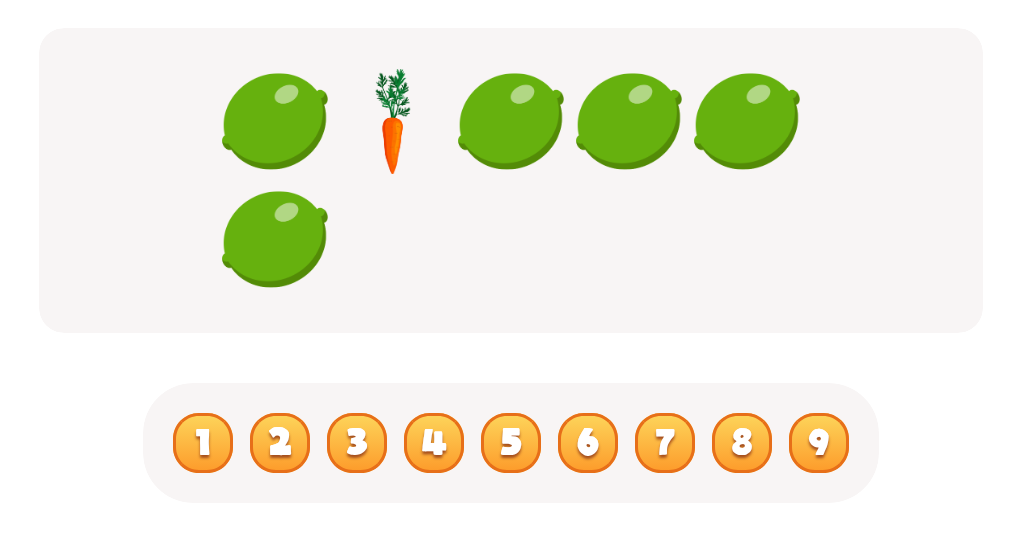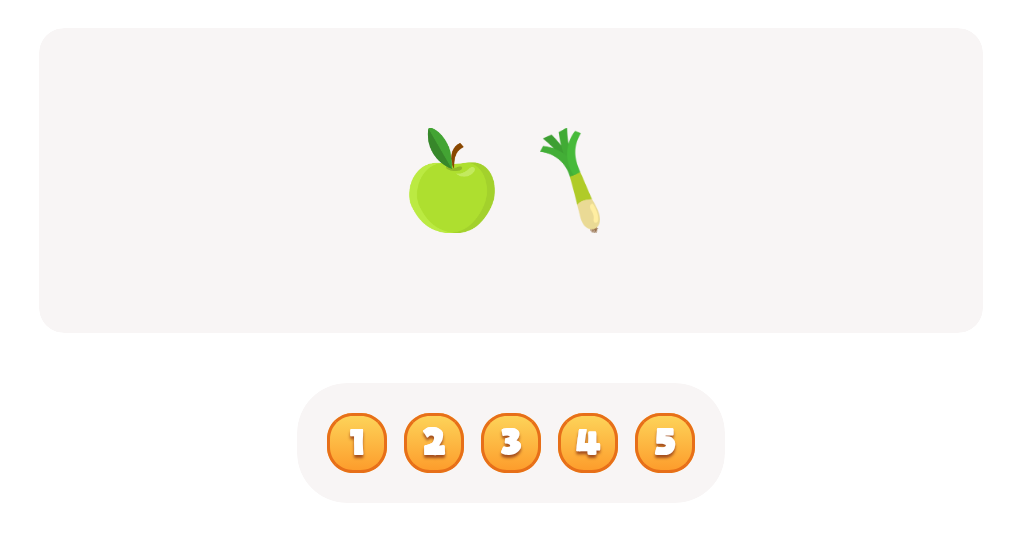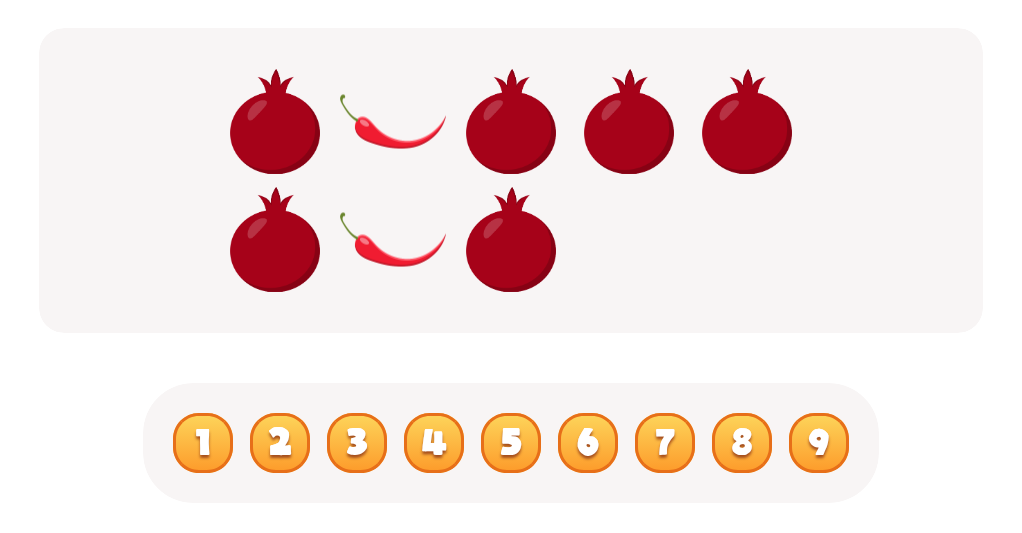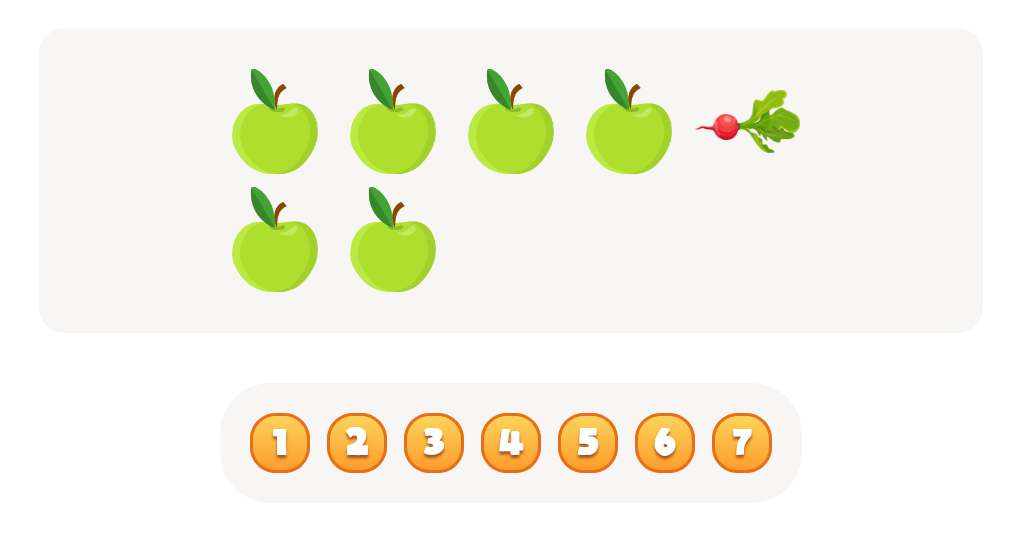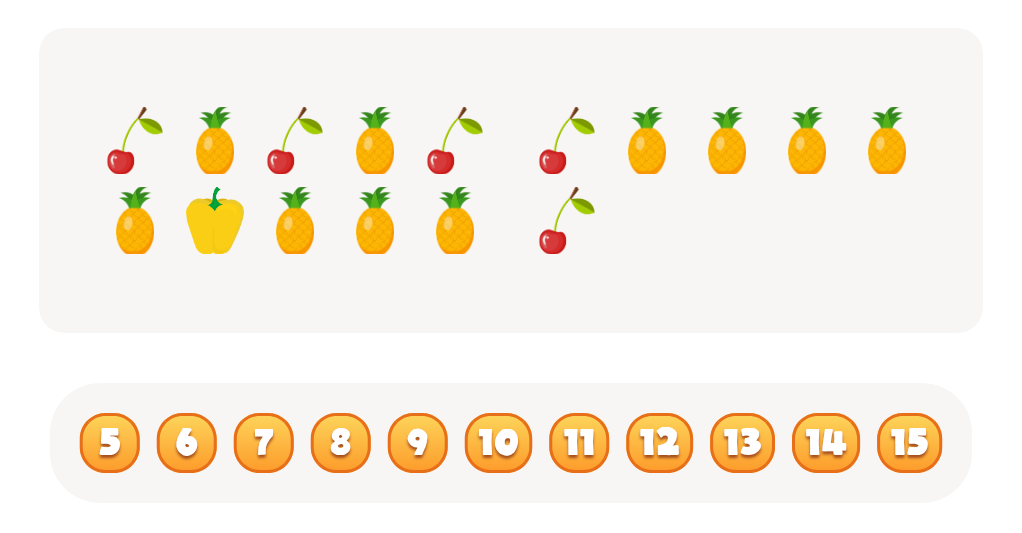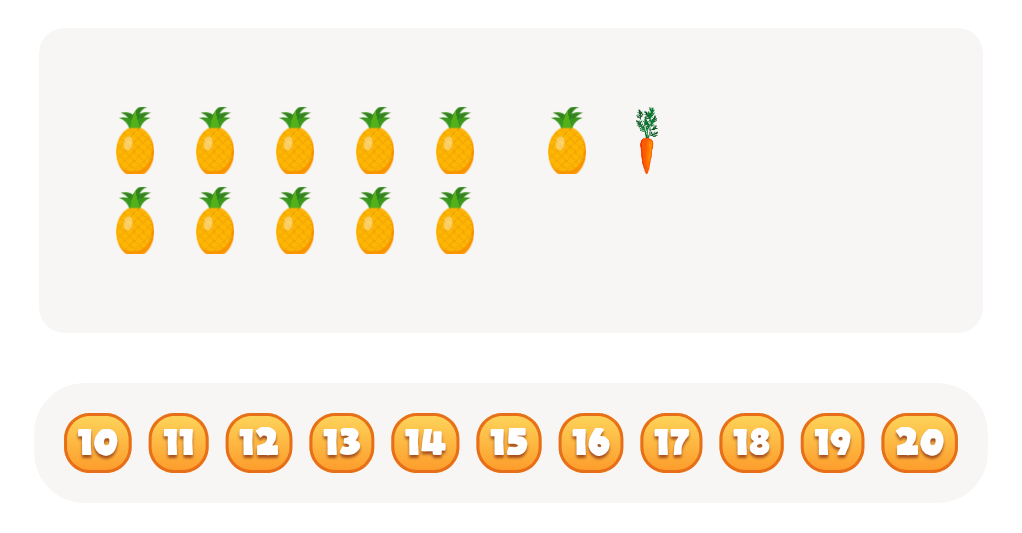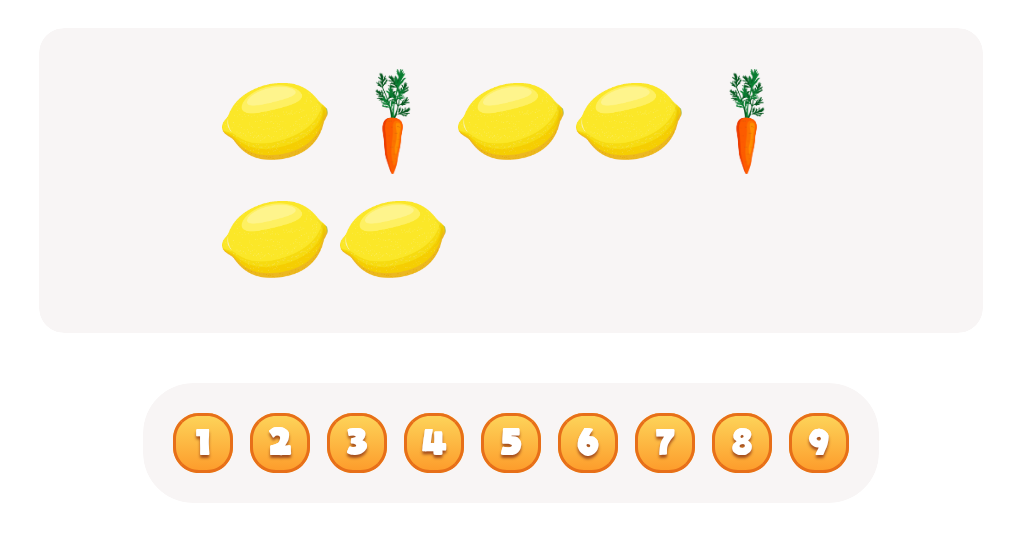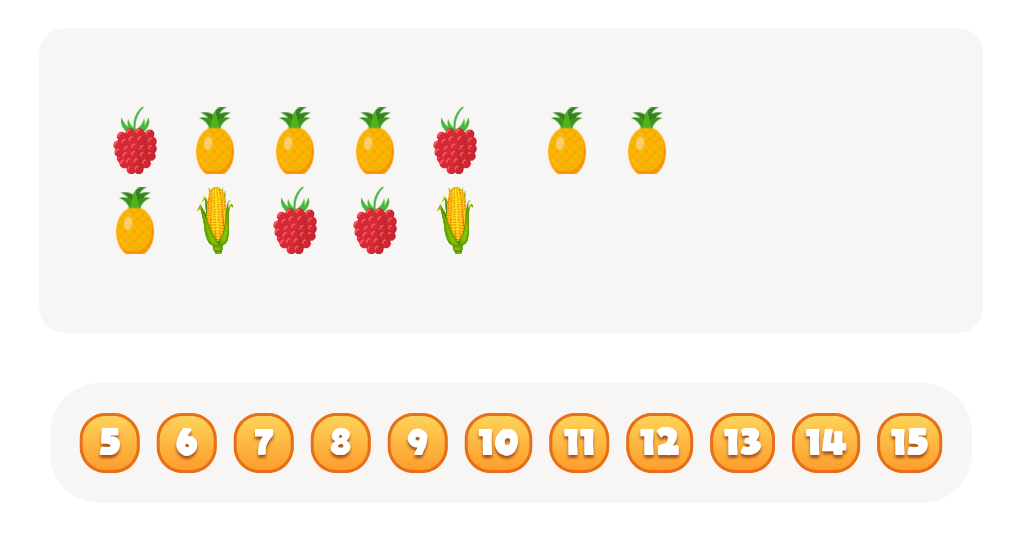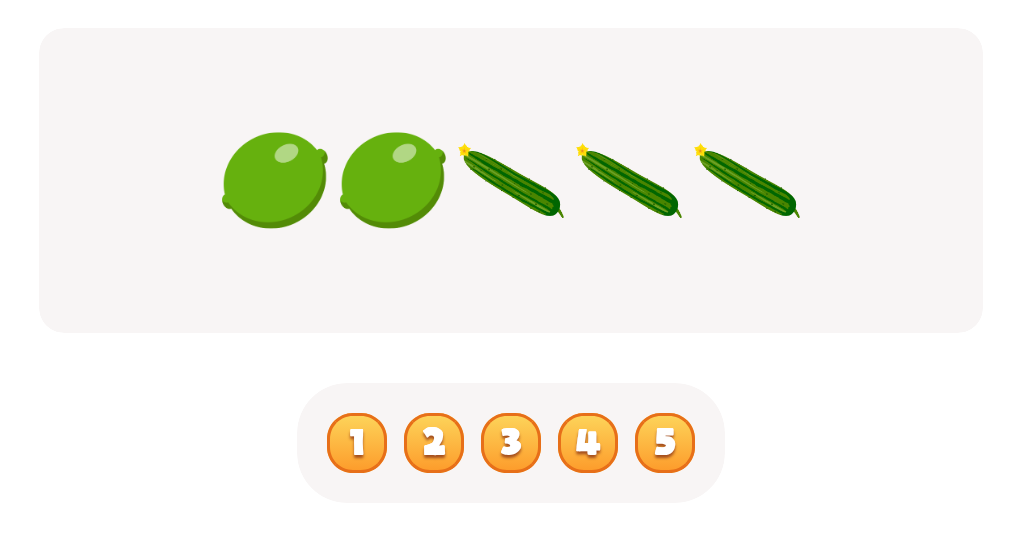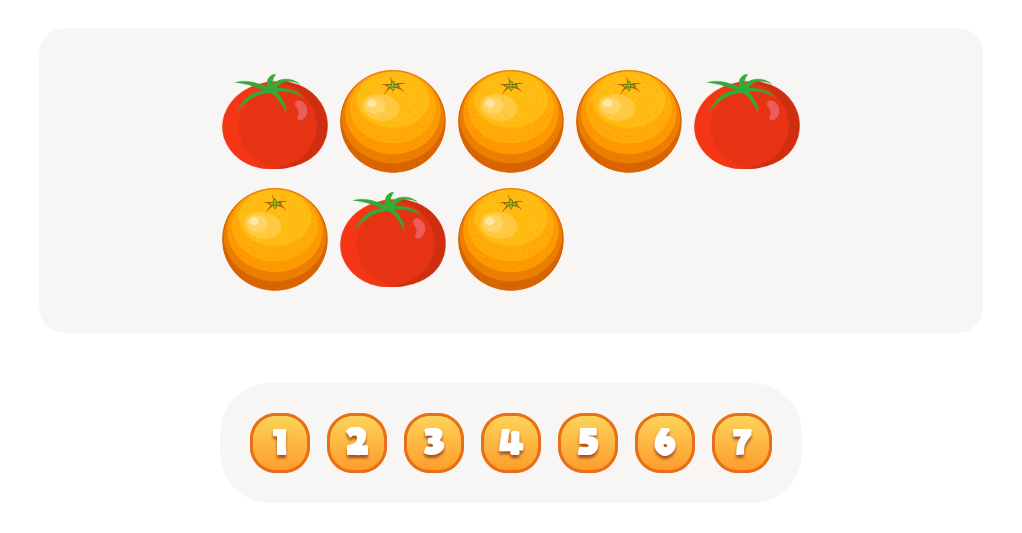Counting skills Normal Plants and Animals Worksheets for Ages 3-7
5 filtered results
-
From - To
Discover our engaging Counting Skills Worksheets focused on normal plants and animals, designed specifically for children aged 3-7. These fun and interactive resources help young learners enhance their counting abilities while exploring the natural world. Featuring colorful illustrations and relatable themes, each worksheet encourages children to count various plants and animals, fostering both math skills and a love for nature. Ideal for classroom activities or at-home learning, our counting worksheets promote cognitive development in a playful environment. Encourage your child's growth in counting and numerical recognition today with these captivating science-themed worksheets! Perfect for little hands eager to learn!


African Wildlife: Giraffe Worksheet
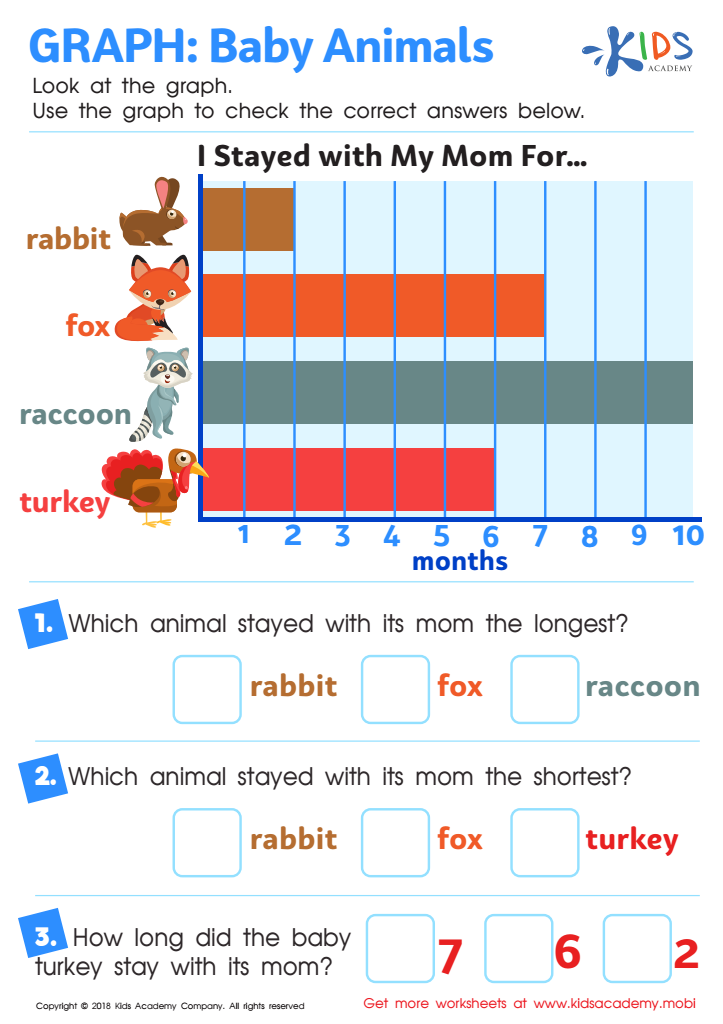

Graph: Baby Animals Worksheet
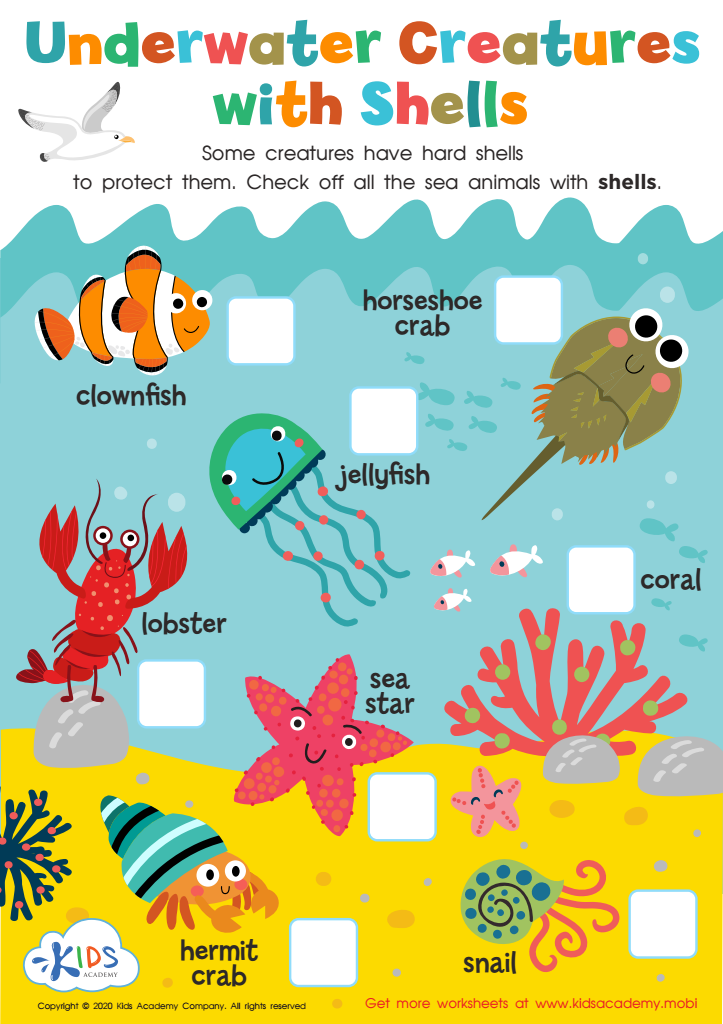

Underwater Creatures with Shells Worksheet
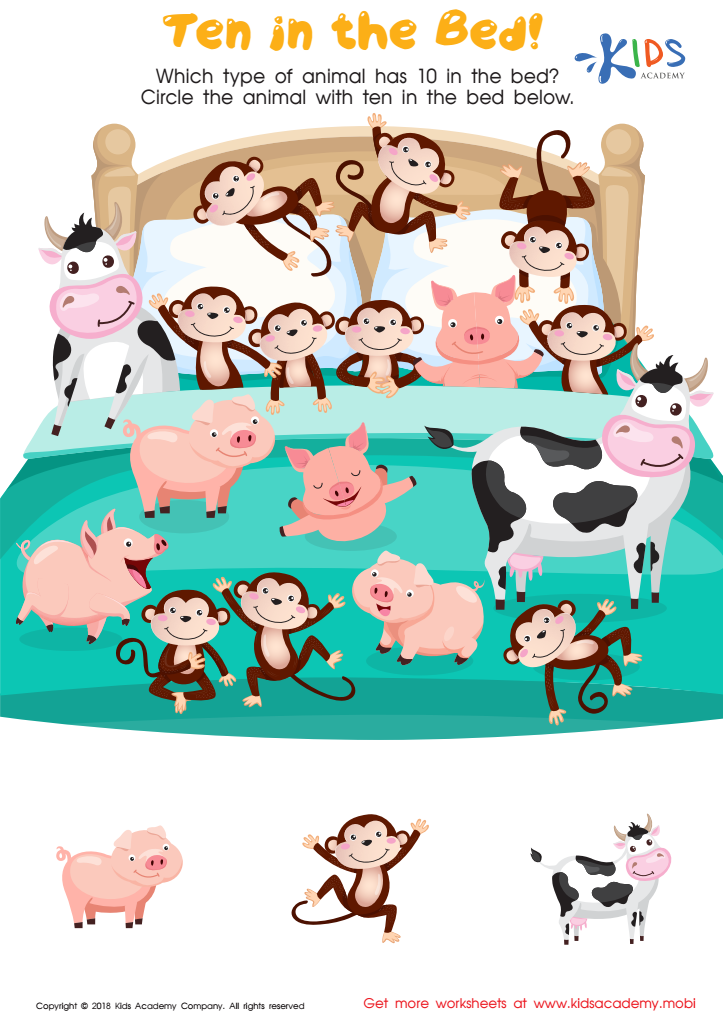

Ten in the Bed Worksheet
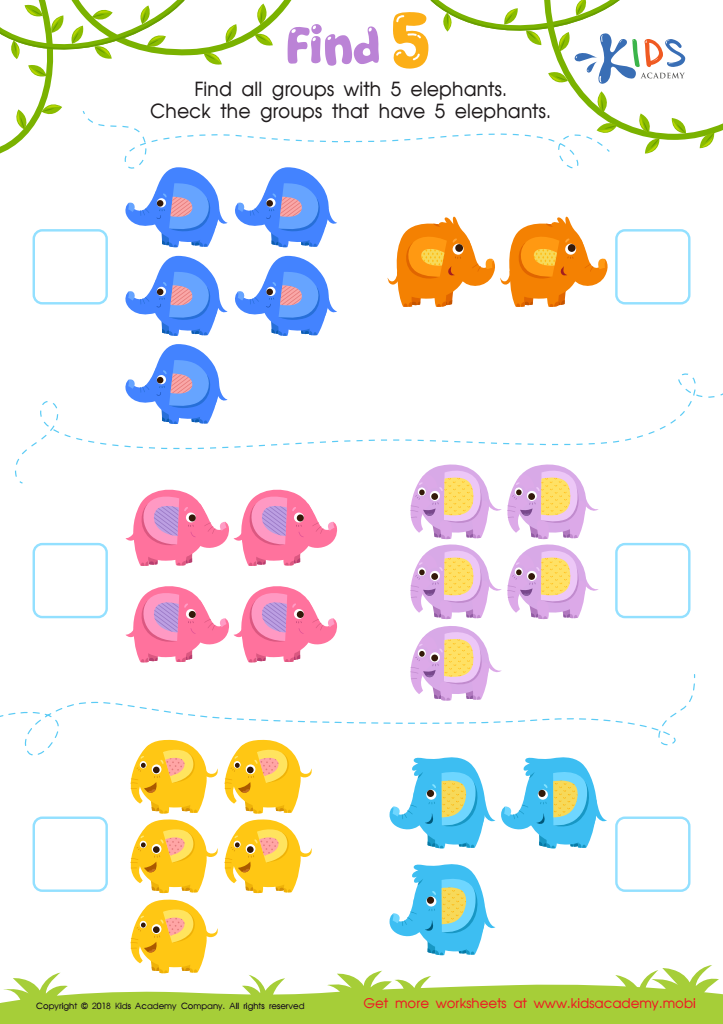

Find 5 Worksheet
Counting skills and understanding normal plants and animals are fundamental components of early childhood education. For children ages 3-7, these topics are interconnected and play a crucial role in cognitive development. Counting skills lay the foundation for numeracy, which is essential not just for mathematics, but for logical thinking and problem-solving later in life. Teaching children to count using examples from their natural environment, such as the number of leaves on a plant or the number of animals they see, makes learning engaging and relevant.
Additionally, fostering an awareness of normal plants and animals cultivates curiosity about the world around them. When children learn to count various species, they develop observational skills and an appreciation for biodiversity. This knowledge enhances their understanding of ecosystems, promotes environmental stewardship, and encourages critical thinking about life sciences.
Involving parents and teachers in this interactive learning experience can strengthen family bonds and provide a rich educational environment. By emphasizing counting skills alongside knowledge of nature, educators can create a holistic curriculum that boosts a child's confidence and lays the groundwork for future academic success. Ultimately, nurturing these skills not only benefits individual learners but also promotes a generation that values mathematics, science, and the natural world.
 Assign to My Students
Assign to My Students
